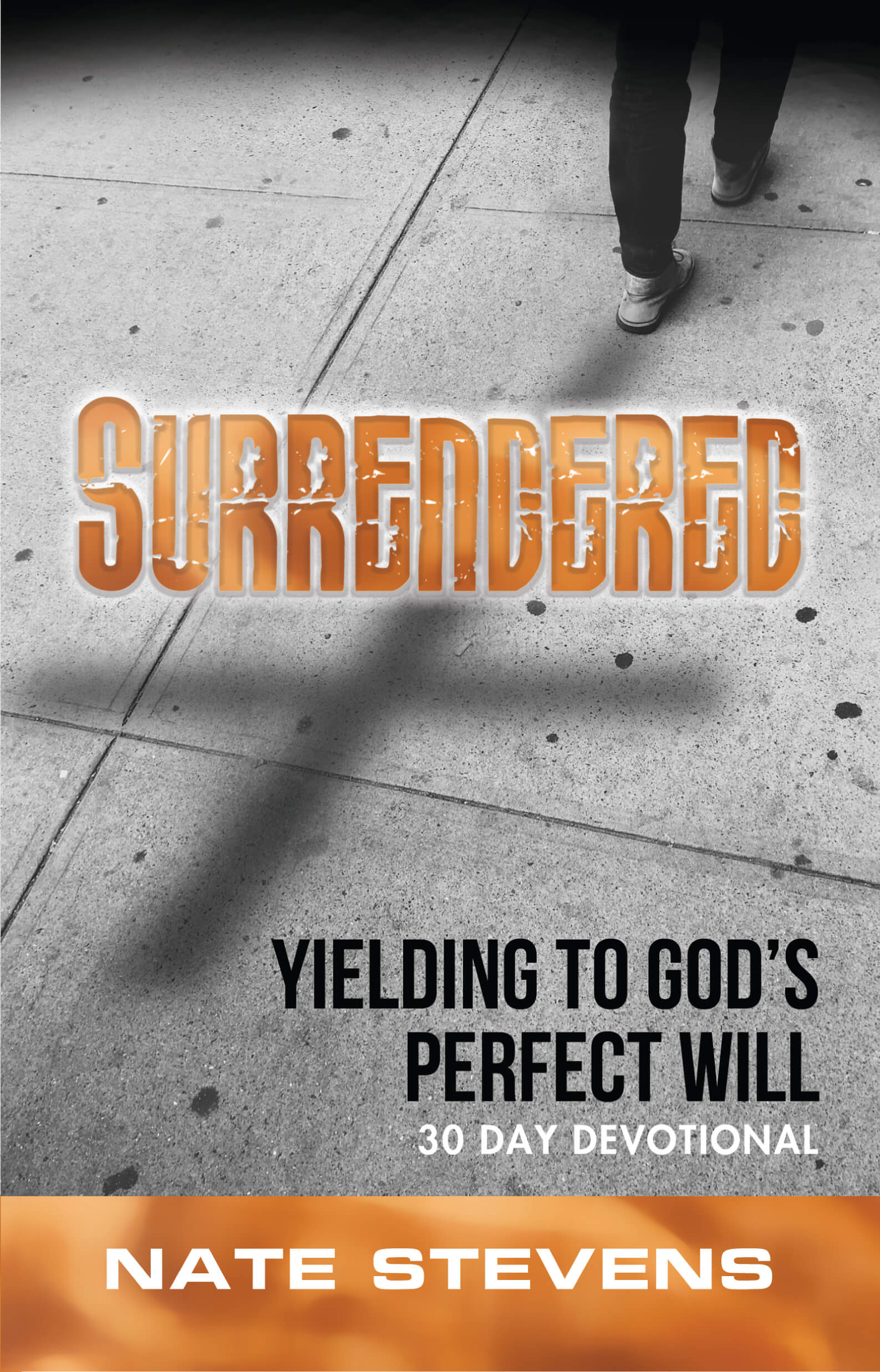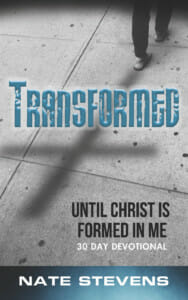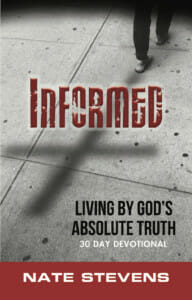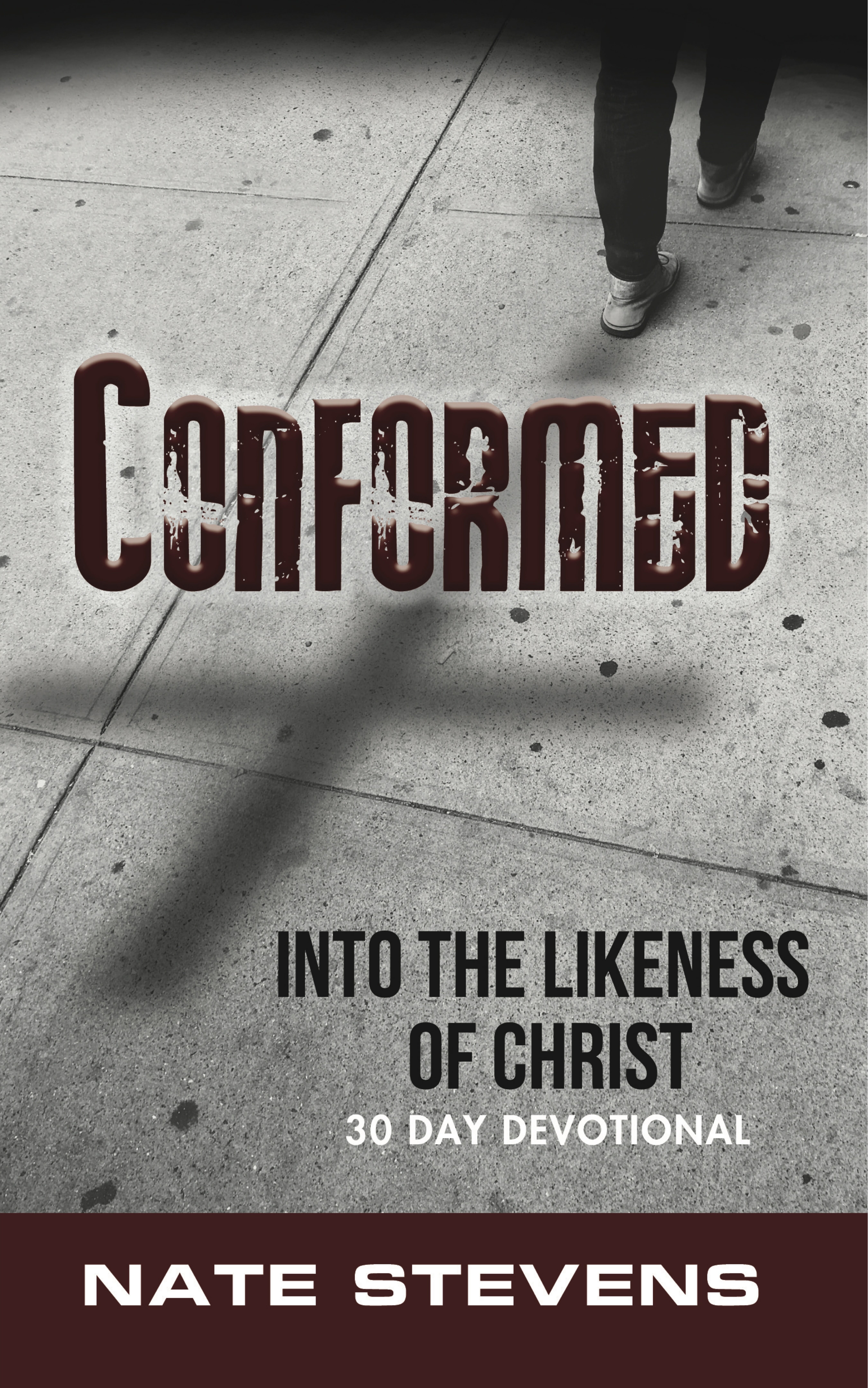Sound wisdom and incredible life lessons jump off the pages of Scripture if we look for it.
Years ago, I started writing a manuscript titled, “Lessons from the Kings.” It’s a compilation of leadership and life lessons from God’s Word overlaid with my experience over a forty-four-year career in banking. It may be a future book or study series. That will have to wait for another time and season. For now, let’s look at just one chapter in the fascinating historical account of the Old Testament kings of Israel.
I love deciphering God’s Word and finding the “stories behind the story.” In those details, we find wisdom we can apply to everyday life. One such incredible story is in 1 Kings 13. It outlines a brief story of a man of God who boldly prophesied against wicked King Jeroboam’s altar. This man was sent by God, started out great, spoke with accuracy and courage, and became part of God’s miraculous healing. But he didn’t finish strong as he wavered in his commitment and obedience to God’s Word. As a result, he suffered a horrible death.
What happened? What makes a person, who hears from God and obeys God, waver in the homestretch?
Over the next few articles, I’ll share some awesome life lessons the Holy Spirit revealed to me from this story. For convenience, I’ll also share the appropriate portion of Scripture.
Life Lesson #1 – Starting strong is impressive; finishing strong wins races.
And behold, a man of God went from Judah to Bethel by the word of the Lord, and [King] Jeroboam stood by the altar to burn incense. Then he [the man of God] cried out against the altar by the word of the Lord, and said, “O altar, altar! Thus says the Lord: ‘Behold, a child, Josiah by name, shall be born to the house of David; and on you he shall sacrifice the priests of the high places who burn incense on you, and men’s bones shall be burned on you.’” And he gave a sign the same day, saying, “This is the sign which the Lord has spoken: Surely the altar shall split apart, and the ashes on it shall be poured out.” When King Jeroboam heard the saying of the man of God, who cried out against the altar in Bethel, he stretched out his hand from the altar, saying, “Arrest him!” Then his hand, which he stretched out toward him, withered, so that he could not pull it back to himself … Then the king answered and said to the man of God, “Please entreat the favor of the Lord your God, and pray for me, that my hand may be restored to me.” So the man of God entreated the Lord, and the king’s hand was restored to him, and became as before.” Then the king said to the man of God, “Come home with me and refresh yourself, and I will give you a reward.” But the man of God said to the king, “If you were to give me half your house, I would not go in with you; nor would I eat bread nor drink water in this place. For so it was commanded me by the word of the Lord, saying, ‘You shall not eat bread, nor drink water, nor return by the same way you came.’” So he went another way and did not return by the way he came to Bethel. (1 Kings 13:1-10)
When I was much younger, I used to run track – particularly the mile. As a people watcher, I noticed how some runners sprinted furiously at the start of the race. I imagine they wanted to let everyone else know how fast they were. Yet as the race progressed, they soon “ran out of steam.” As we passed them, they grabbed at their sides (constriction pains), ran upright to get more air into their lungs, and slowly faded behind the pack.
Other runners were casual competitors. Each time they passed the homestretch, they glanced toward the grandstands and smiled and waved at friends and family members. This “friendly distraction” was great social interaction and a good photo opportunity. But it burned energy, upset their pace, and distracted their focus. Needless to say, they rarely finished near the top runners.
Then there were the sneaky runners who intentionally lagged behind the pack, allowing everyone else to break the airflow. Such drafting burned less energy but also gave the perception they weren’t all that fast. In reality, they were simply pacing themselves, running according to their training and personal stamina. Then, during the final lap, they kicked things into a higher gear. Passing runner after runner, they soon raced for the lead.
In a race, anyone can blow out of the starting blocks. But the finish line is for the winner, the one who guts it out, the one who ignores the pain, distractions, and fatigue. The writer of Hebrews encouraged Christ followers to “run with endurance the race that is set before us, looking unto Jesus, the author and finisher of our faith, who for the joy that was set before Him endured the cross, despising the shame, and has sat down at the right hand of the throne of God” (Hebrews 12:1). The apostle Paul also gave great coaching advice. “Do you not know that those who run in a race all run, but one receives the prize? Run in such a way that you may obtain it. Therefore I run thus: not with uncertainty” (1 Corinthian 9:24, 26).
As we run this life’s race, may we run steadily and patiently. Purposefully and consistently. Let’s pace ourselves, ignoring the things that distract us or upset our pace (Hebrews 12:1), and keeping our eyes on the finish line. Victory is for the one who presses on for the goal of God’s ultimate approval and blessing (Philippians 3:14). So press on, run to win, and keep your eyes on the prize!
Nate’s book, Called to Christlikeness, not Christianity – Purchase here.
This is an updated edition of a post originally published on Nate Stevens.
Featured Image by Anika Huizinga on Unsplash
SURRENDERED
YIELDING TO GOD’S PERFECT WILL
by NATE STEVENS
NEW RELEASE – NOW AVAILABLE!
CHRIST IN ME 30-DAY DEVOTIONAL SERIES
By NATE STEVENS
CLICK ON EACH BOOK TO LEARN MORE, DOWNLOAD A SAMPLE, OR BUY.















Comments are closed.